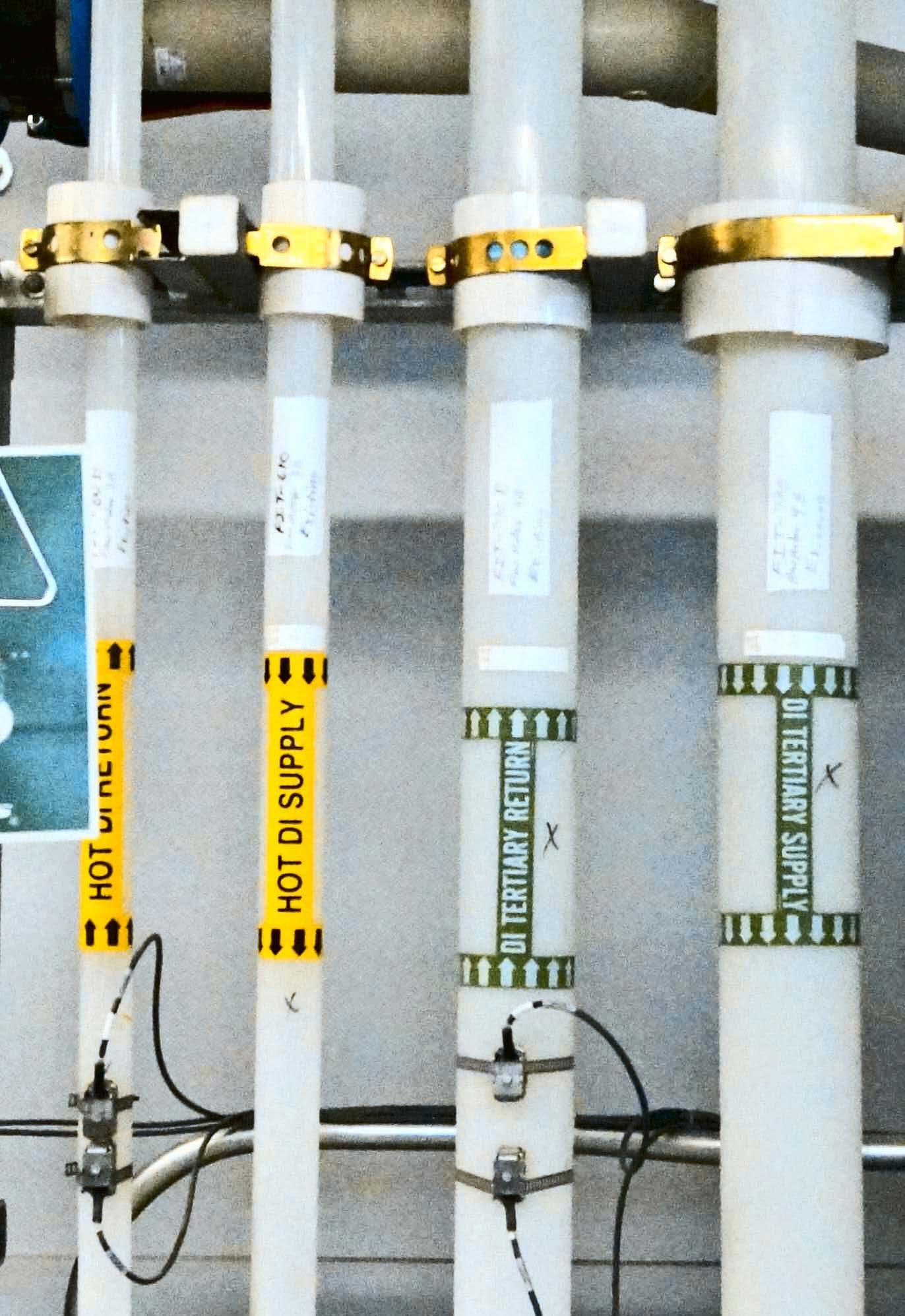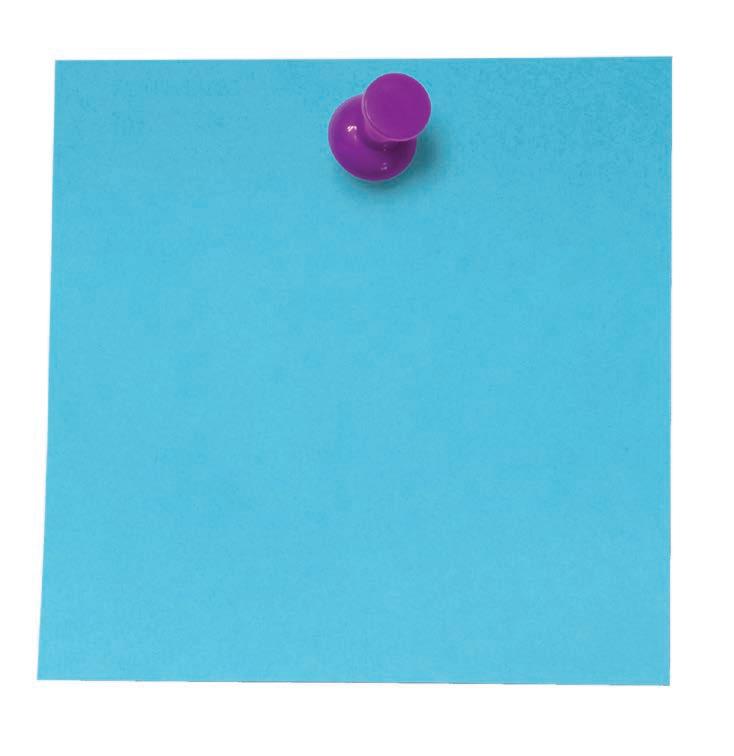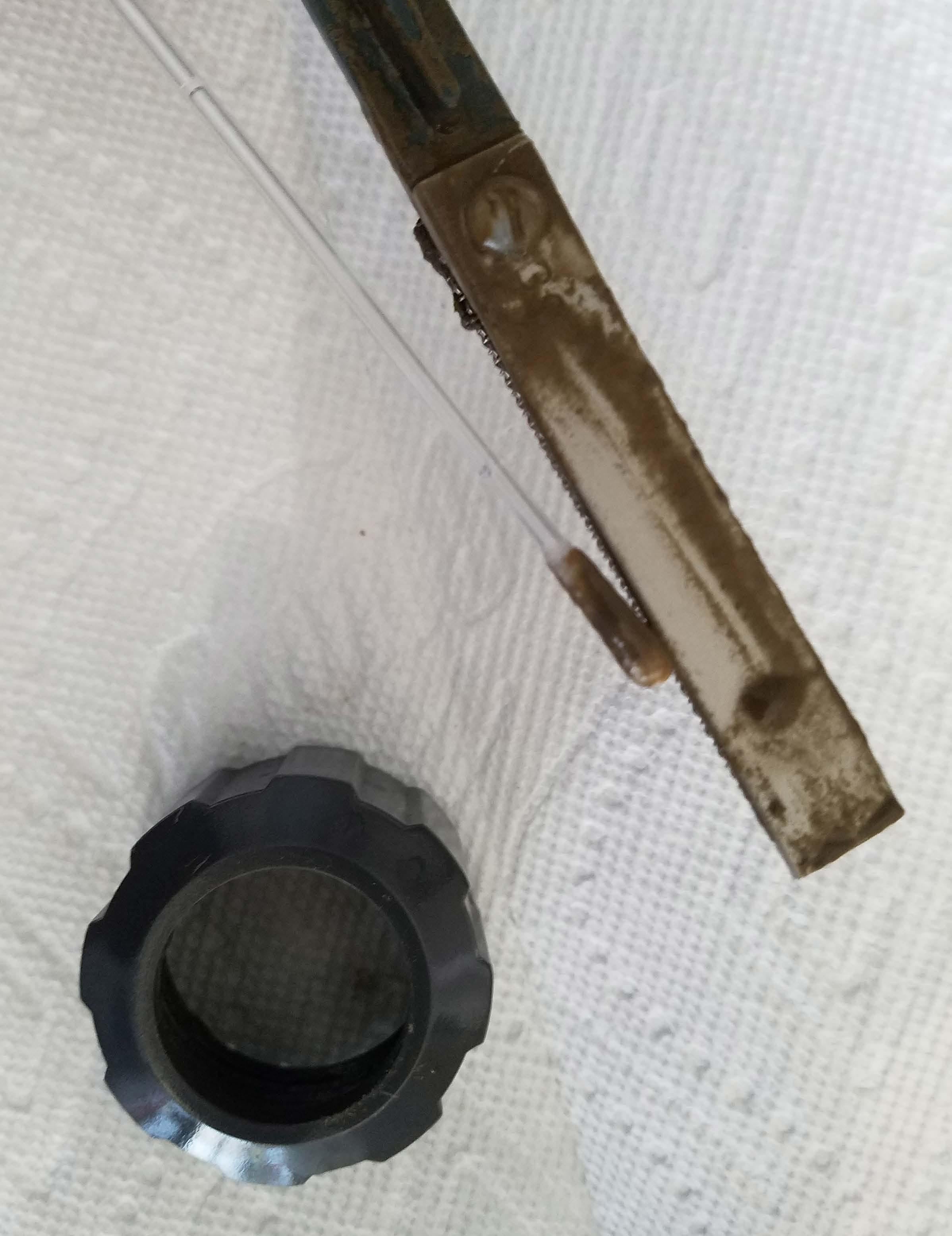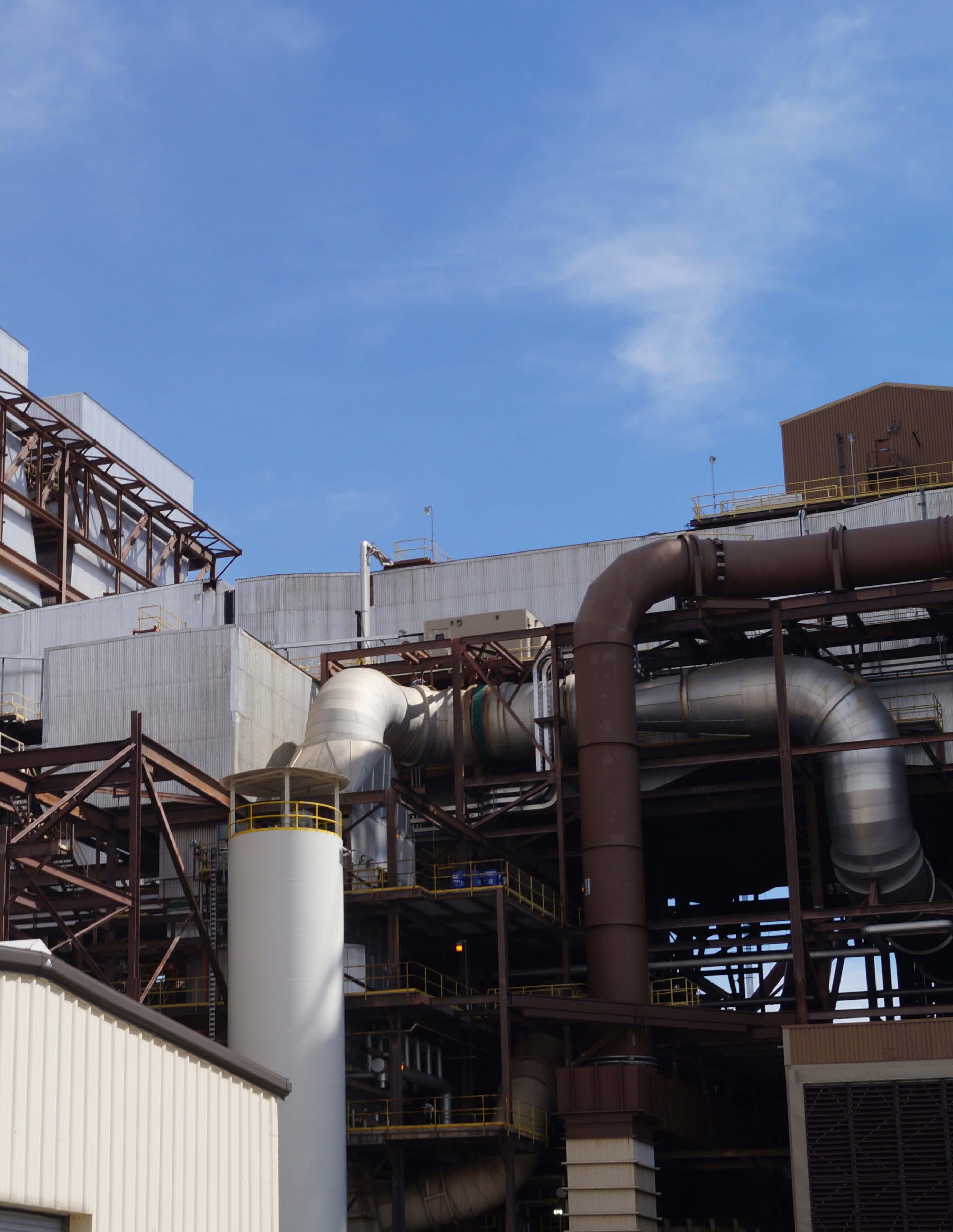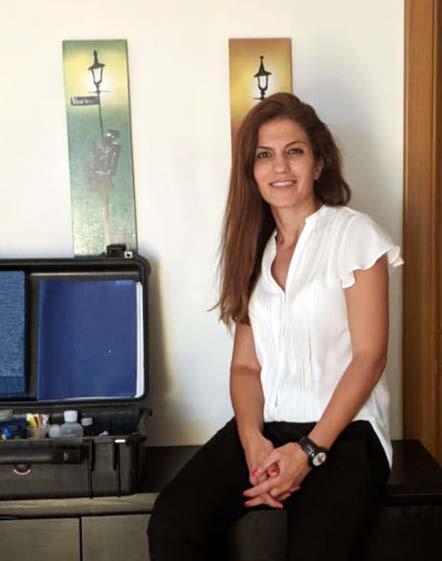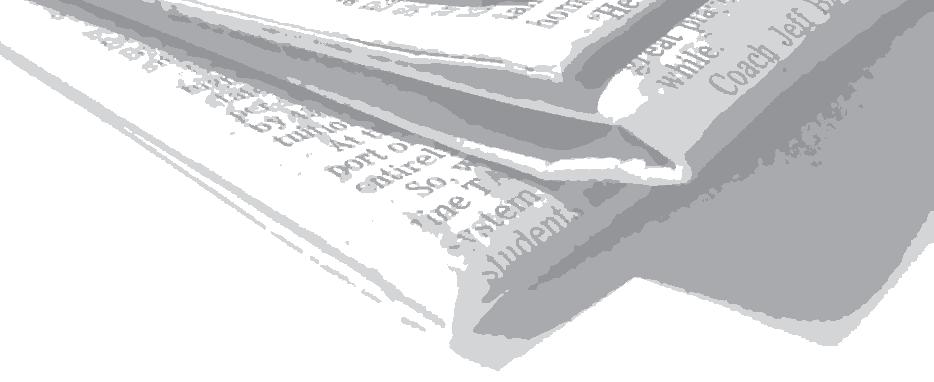
2 minute read
Making a Splash
Brad Allen, CWT
Pace Solutions Regina, Saskatchewan, Canada
What prompted you to obtain the CWT and when did you begin the process by taking the test?
I was introduced to the water treatment industry by a CWT when he hired me almost six years ago. I quickly made it my goal to obtain my certification when I qualified. I felt that obtaining the certification would provide my customers with proof of my abilities and usefulness to them as a water treatment advisor. The company that I work for now strongly encourages their employees to make this certification their goal. I began the process by taking the exam at the end of May 2020.
How did you prepare for the exam?
My employer arranged for me to attend multiple technical training seminars in preparation for certification. In addition to attending the seminars, I read Boiler Water Treatment Volumes I and 2 and worked through the AWT Technical Reference and Training Manual, using the training questions to test myself. I also read many of the online training articles and took the quizzes on the AWT website. Finally, when provided the mock exam after registering, I poured over it and wrote it several times on my own.
Why do you feel this credential is important to have?
Although sales is an integral part of my job, I did not want to be just a salesman peddling a product. I felt that to be a professional, I needed to educate myself—to understand the whys and hows of water treatment— particularly when considering how my recommendations could have major ramifications for my customers. Only then could I be a real partner and problem-solver for my customers. The CWT credentials testify for me, telling my customers that I have done my part: I have demonstrated the dedication, acquired the knowledge, and have access to the resources they are looking for.
What do you think are the most prominent issues facing the water industry today?
Public health and the environment. The COVID-19 pandemic is leaving victims with lasting health complications and weakened immune systems. This leaves them even more susceptible to waterborne pathogens such as Legionella, V. cholerae, and E. coli. With more immunocompromised neighbors than ever before, we will need to step up and ensure that anyone directly or indirectly affected by our processes is safe.
Water is a precious commodity that can’t be wasted, particularly with the environmental changes we are experiencing. We need to work with our customers to ensure their processes, methods, and treatment programs are utilizing this resource as economically as possible— working to limit waste, reuse, and recycle.


